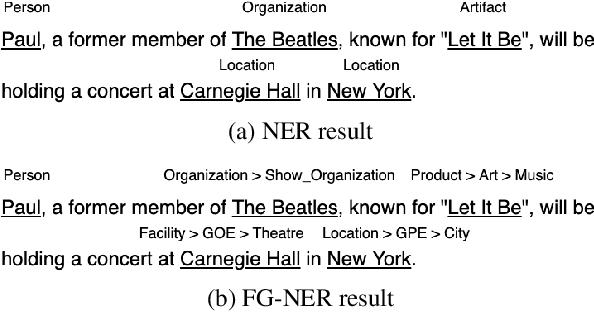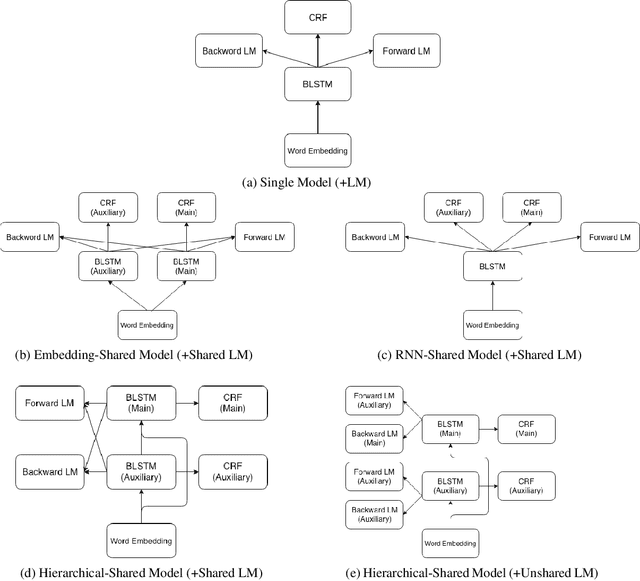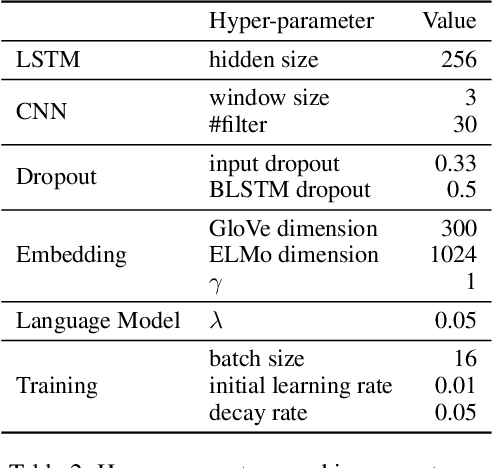Khai Mai
Weakly-Supervised Neural Response Selection from an Ensemble of Task-Specialised Dialogue Agents
May 06, 2020



Abstract:Dialogue engines that incorporate different types of agents to converse with humans are popular. However, conversations are dynamic in the sense that a selected response will change the conversation on-the-fly, influencing the subsequent utterances in the conversation, which makes the response selection a challenging problem. We model the problem of selecting the best response from a set of responses generated by a heterogeneous set of dialogue agents by taking into account the conversational history, and propose a \emph{Neural Response Selection} method. The proposed method is trained to predict a coherent set of responses within a single conversation, considering its own predictions via a curriculum training mechanism. Our experimental results show that the proposed method can accurately select the most appropriate responses, thereby significantly improving the user experience in dialogue systems.
Multi-Task Learning with Contextualized Word Representations for Extented Named Entity Recognition
Feb 26, 2019



Abstract:Fine-Grained Named Entity Recognition (FG-NER) is critical for many NLP applications. While classical named entity recognition (NER) has attracted a substantial amount of research, FG-NER is still an open research domain. The current state-of-the-art (SOTA) model for FG-NER relies heavily on manual efforts for building a dictionary and designing hand-crafted features. The end-to-end framework which achieved the SOTA result for NER did not get the competitive result compared to SOTA model for FG-NER. In this paper, we investigate how effective multi-task learning approaches are in an end-to-end framework for FG-NER in different aspects. Our experiments show that using multi-task learning approaches with contextualized word representation can help an end-to-end neural network model achieve SOTA results without using any additional manual effort for creating data and designing features.
 Add to Chrome
Add to Chrome Add to Firefox
Add to Firefox Add to Edge
Add to Edge